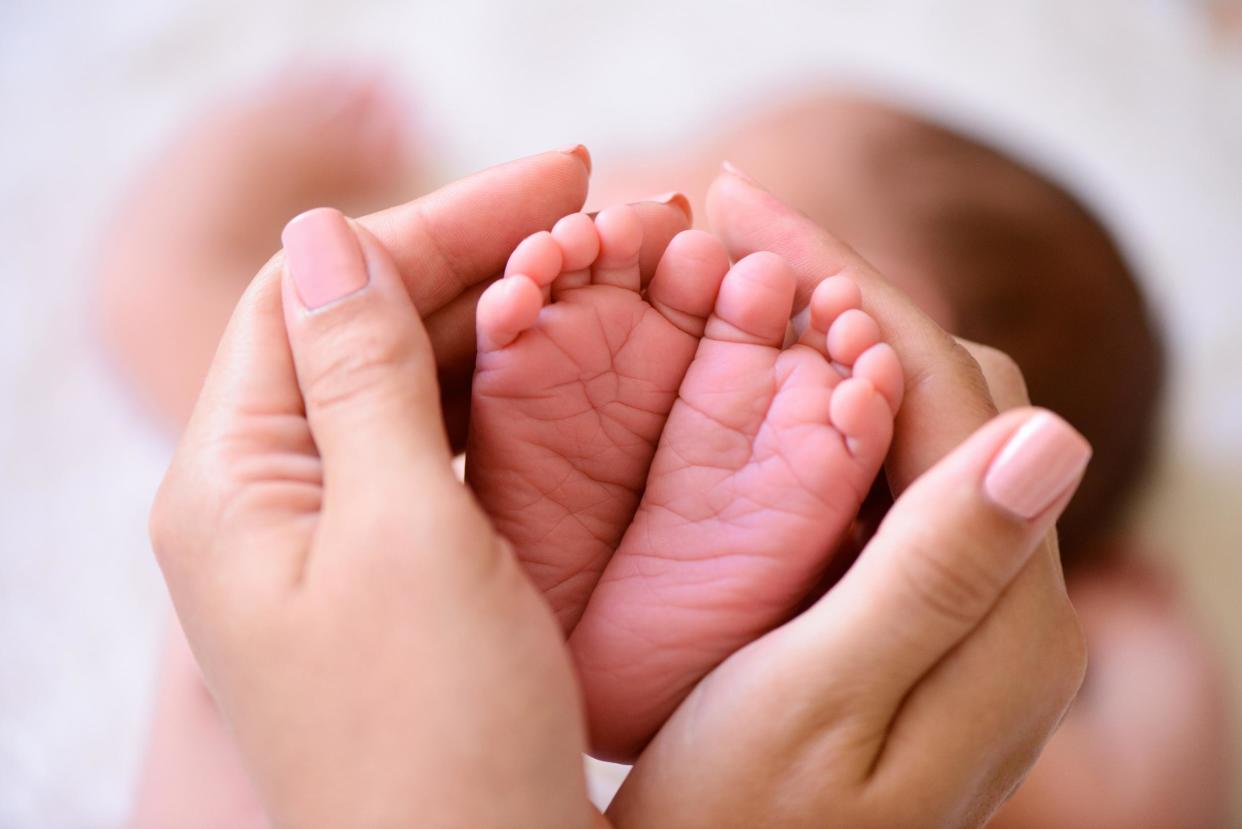Vaginal seeding: Doctors warn new mothers not to embrace dangerous ‘microbirthing’ trend

Women are being warned not to follow a trend called “vaginal seeding” after giving birth, as it may put babies at risk of dangerous infection.
The trend, also known as microbirthing, involves taking a swab of vaginal fluid and wiping it over the baby’s face, eyes and mouth after birth by caesarian section.
It is believed to expose children born by c-section to bacteria that could have covered their bodies if they had been born vaginally. This is thought to help kick-start the immune system and lower the risk of allergies.
But experts have warned that vaginal seeding could lead to infections or deadly sepsis and there was no evidence of any benefit to the babies.
A report published in BJOG: An International Journal of Obstetrics and Gynaecology said more than 90 per cent of obstetricians in Denmark had been asked about vaginal seeding.
Danish researchers analysed the only study on vaginal seeding that exists, which involved just four babies.
The analysis found no substantial evidence of the benefits of microbirthing, but highlighted the risk of passing on infection to the child, including Group B streptococcus, E. coli and sexually transmitted infections.
Dr Tine Dalsgaard Clausen, author of the report and obstetrician at Nordsjaellands Hospital in Denmark, said more research is needed to understand if vaginal seeding helped prevent babies born by c-section later in life.
“Currently there is no evidence to show that the potential long-term benefits of vaginal seeding outweigh the risks or costs associated, however, we encourage researchers to investigate vaginal seeding further and would support patients' participating in safely controlled clinical trials,” she said.
Dr Clausen advised women to avoid “unnecessary caesarian sections” and to have early “skin-to-skin contact” with newborns, which is known to be beneficial to babies.
Dr Patrick O'Brien, from the Royal College of Obstetricians and Gynaecologists, told the BBC: “There is no robust evidence to suggest that vaginal seeding has any associated benefits.
“We would therefore not recommend it until more definitive research shows that it is not harmful and can in fact improve a child's digestive and/or immune system.”
Studies have shown children born by c-section may be more likely to have allergies such as asthma, as they have not travelled through the birth canal where they would come into contact with beneficial bacteria known as microbiota.

 Yahoo News
Yahoo News 
